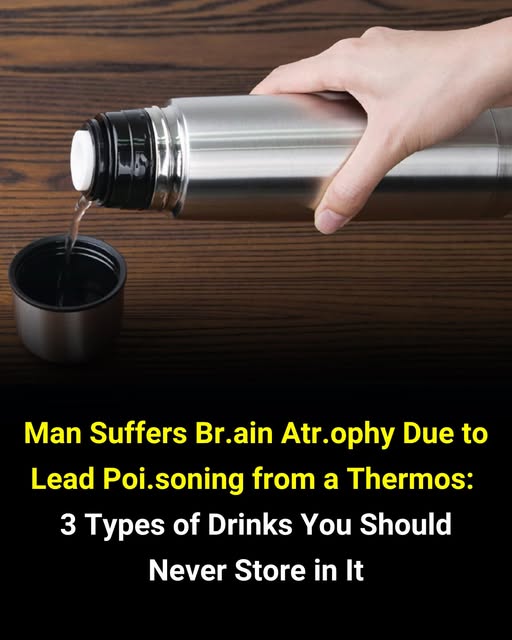3. Alkaline Water or Ionized Water
Why it’s problematic:
Alkaline water (typically with a pH of 8–10) is marketed for its health benefits, but it can be corrosive to certain metals — especially over time.
Many thermoses are made with stainless steel interiors, which are generally safe — but prolonged exposure to high-pH water can:
Degrade the metal lining, especially if the thermos has micro-scratches.
Leach metals like nickel or chromium into the water.
Damage the vacuum seal due to chemical reactions.
Risk: Long-term use may compromise both the thermos and your health.
Safer alternatives:
Store alkaline water in glass or BPA-free plastic containers.
Drink it immediately rather than storing it for hours.
Check your thermos manufacturer’s guidelines — some explicitly warn against alkaline or ionized liquids.
Bonus: What Else Should You Avoid in a Thermos?
While not “water,” these liquids also pose risks:Milk or plant-based milks – Can spoil quickly and harbor bacteria.
Juices with pulp – Hard to clean and ferment over time.
Acidic drinks (like lemon water) – Can corrode metal over time, especially if stored for hours.
Best Water to Store in a Thermos
Plain filtered or bottled water
Herbal teas (cooled slightly if using a glass-lined flask)
Electrolyte water (if consumed within a few hours)
Always follow the manufacturer’s instructions — and when in doubt, err on the side of caution.
Final Thoughts: Your Thermos Is a Tool — Use It Wisely
A thermos is designed for temperature retention — not for storing every liquid under the sun. While water seems harmless, the type and condition matter more than you think.
To keep your thermos safe, effective, and hygienic:
Avoid carbonated, contaminated, or highly alkaline water
Clean it daily
Replace worn seals or lids
Never leave liquids sitting for more than 12 hours
Because the safest drink isn’t just about what’s inside — it’s about how you store it.
Stay hydrated, stay safe — and leave the fizz and mystery water at home.
ADVERTISEMENT

